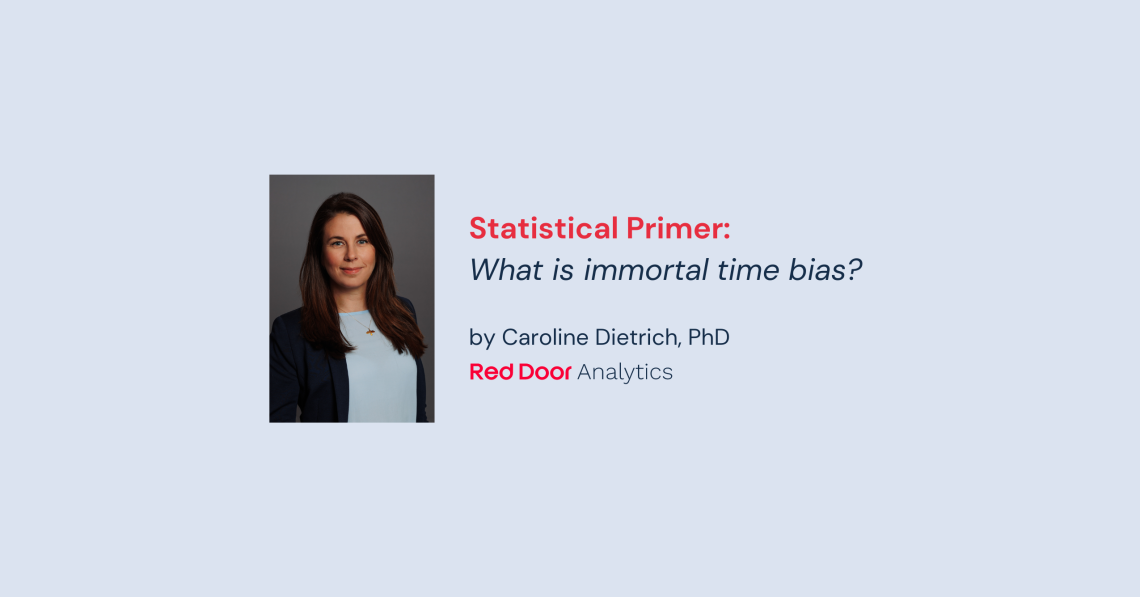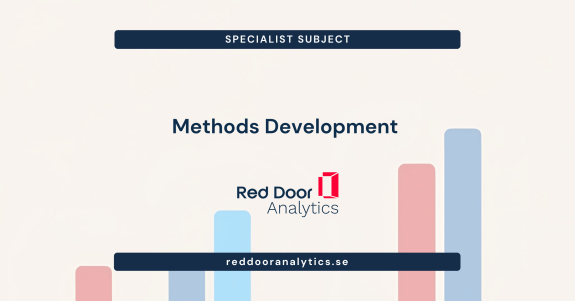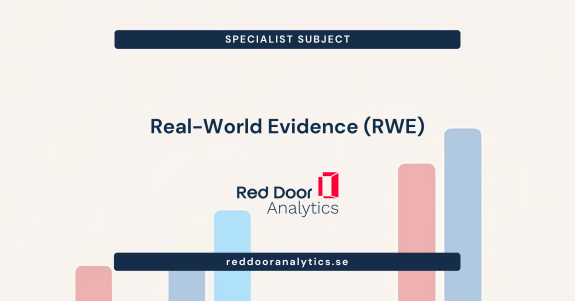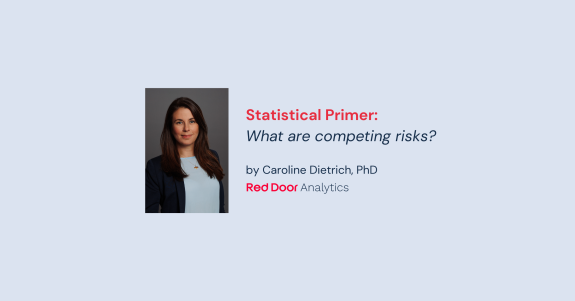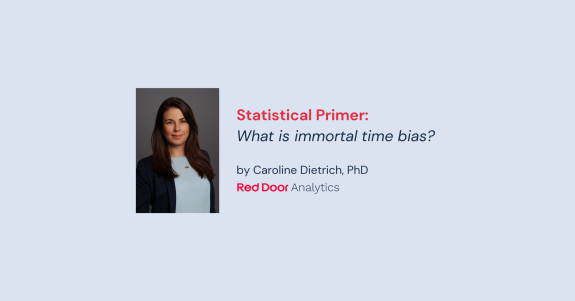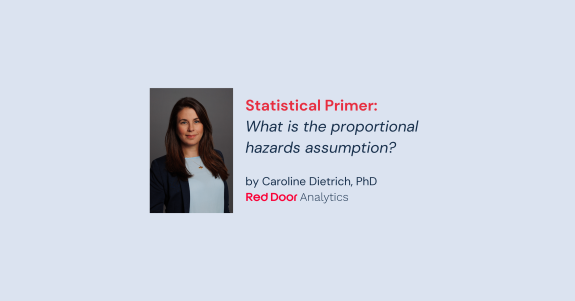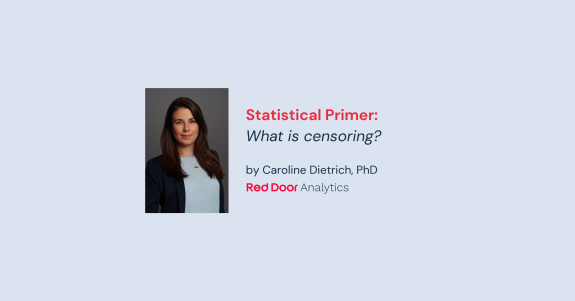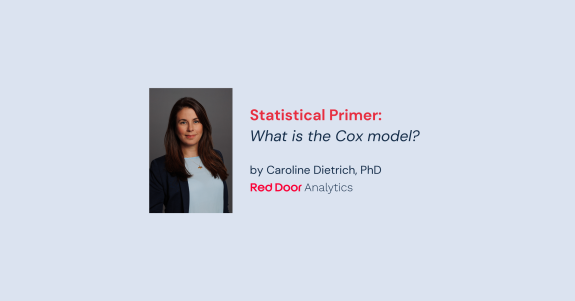Immortal time bias
Immortal time bias is a type of bias that can occur in observational research when the study design allows for a period of time during which the outcome of interest cannot occur, often referred to as “immortal time”.
Simply put, immortal time bias occurs when information from a future event is incorporated into the analysis already at baseline (that is, start of follow-up), making all individuals who experience that future event immortal up until that point in time.
For example, consider a study examining the effect of a new drug on mortality in patients with a certain disease. If the new drug is administered at some time point after diagnosis, for example 6 months later, patients who receive the drug will be immortal during those first 6 months. This leads to an overestimation of the effect of the new drug on mortality, as those who did not receive the drug will include those who died before having a chance to get treated.
Immortal time bias will not occur in randomised controlled trials, as they are performed “in real time” – making it impossible to use future information. However, it can occur in many different types of observational studies, including cohort studies, case-control studies, and cross-sectional studies. In these studies, it is avoided by carefully defining the study population and the time period over which outcomes are assessed.

